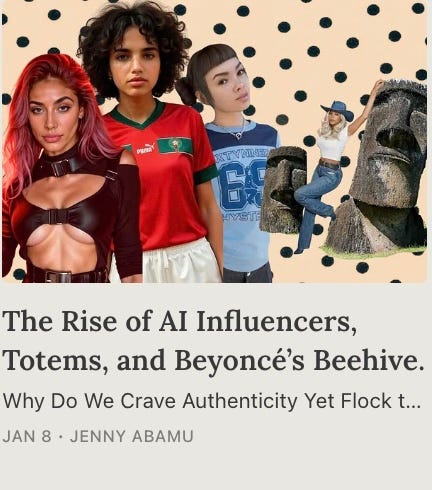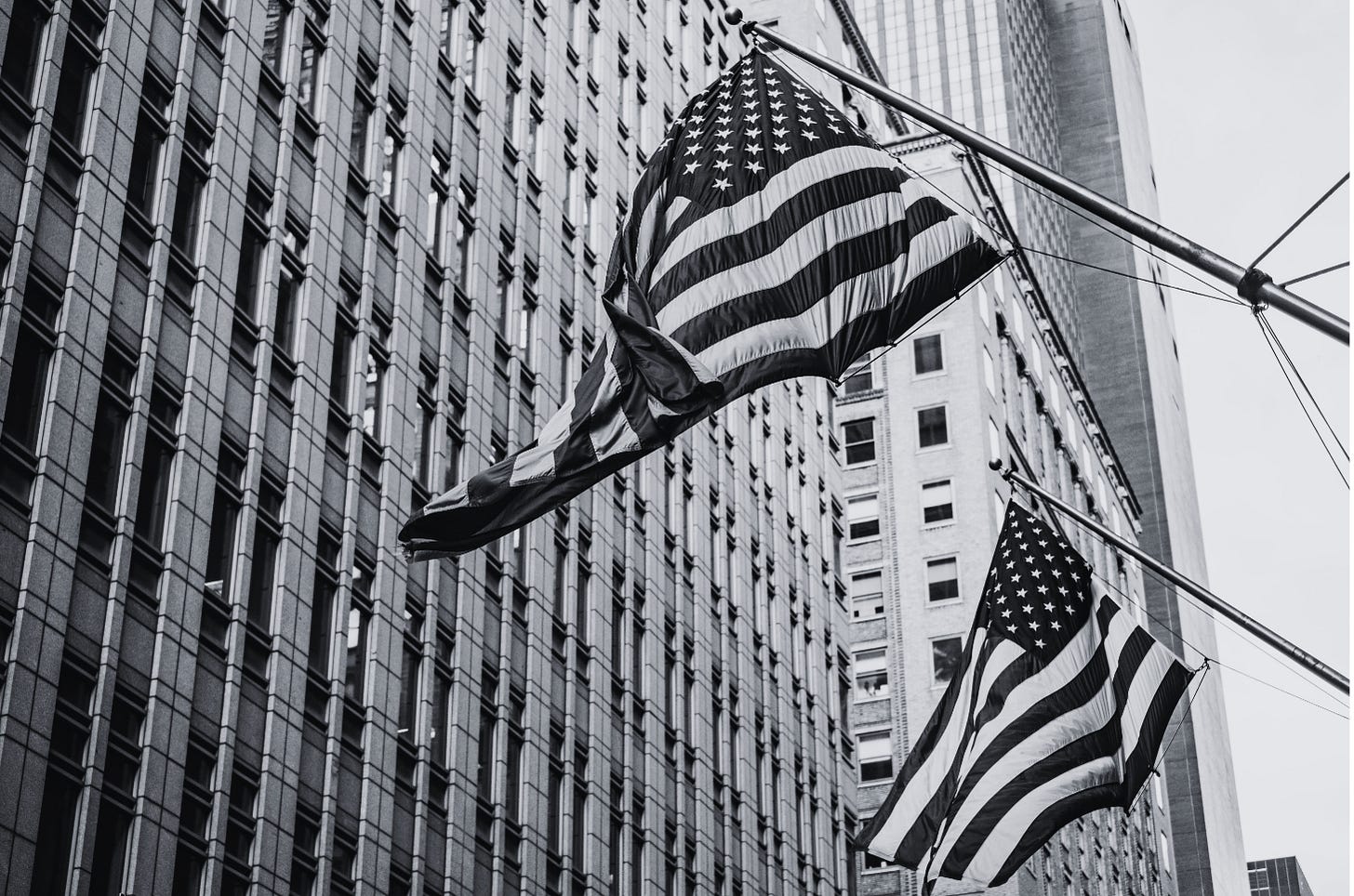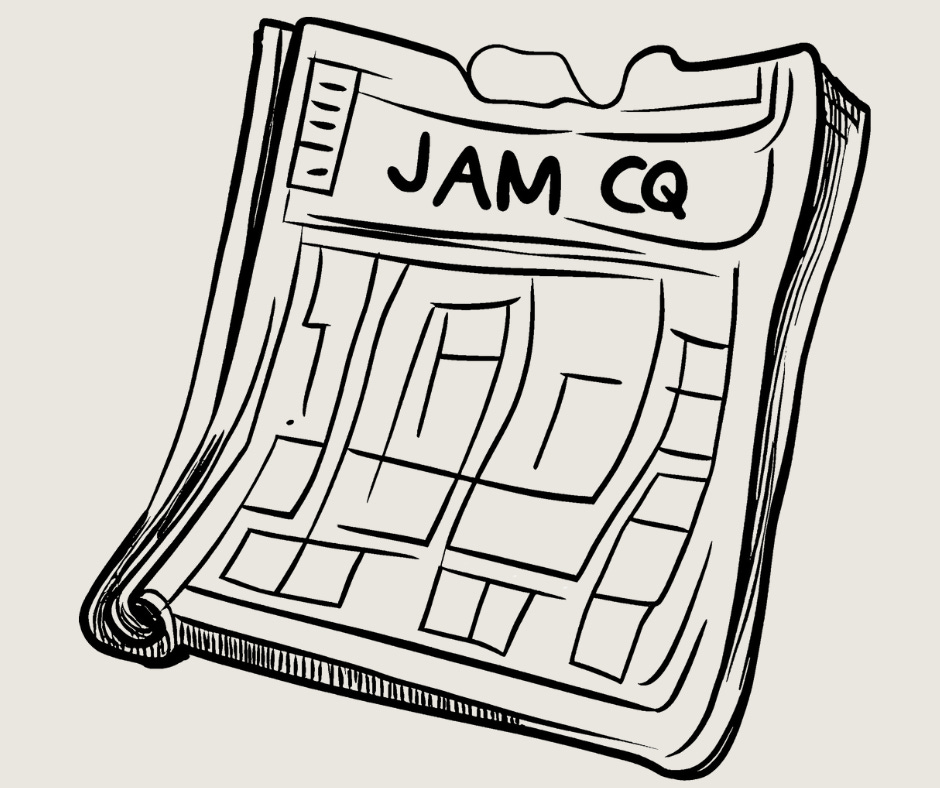The Battle Over USAID and Federal Work Culture That No One Is Talking About
Even as we try to process these changes, the political landscape keeps shifting—ensuring that government culture will never be the same.
I recently met a doctor at a friend’s holiday party. He gave up a high salary to pursue public health work in Southeast Asia with USAID, risking his own safety and health to provide medical care in communities with dire needs. He spoke earnestly about his calling to public health, almost with a religious fervor. He shared stories about having to make do, grappling with tough decisions on who received help and who went without, all while contending with understaffed and under-resourced conditions.
Did his desire to help people in need make him left-leaning? Maybe, but he was far from a radical activist, contrary to what some on X (formerly Twitter) might have you believe.
In recent weeks, prominent figures such as Elon Musk and President Trump described USAID workers in alarmist terms—calling them “radical lunatics” and “a criminal organization,” alluding to a culture of leftist political ideology they see within the organization. They have since gone to do what many are describing as a bureaucratic purge of the organization, leaving agency employees confused, scrambling and afraid for their livelihoods. These statements and actions reignited an old culture war that paints federal employees as dangerously partisan.
But the truth is more nuanced. Agencies like USAID attract individuals who are passionate about global development, diversity and diplomacy—values often linked with liberal or progressive circles. Yet on the job, federal workers are supposed to remain strictly apolitical in carrying out policies. Sometimes they succeed, and sometimes they do not. So, what has been the culture in one of the nation’s most visible international agencies? And how does that culture impact their work?
Want More Content Like This?



Culture of Agencies
Oftentimes different agencies attract particular personalities by the nature of their work. It’s tough to be a rebellious type and build a career in the Department of Defense, where a rigid hierarchy and risk-averse culture permeate the hallways. A 2020 research report from the Center for Strategic and International Studies found that STEM talent struggled in the Defense Department because management was not willing to challenge authority and advocate for change. Imagine someone who excels in the fast-paced, risk-taking environment of a tech startup like SpaceX or Airbnb suddenly joining the U.S. State Department—a place built on hierarchy, diplomacy, risk aversion, and slow, deliberate decision-making. Those differences would clash, making it hard for that personality to succeed.
So, what type of person gravitates toward government foreign aid work?
Well, consider that if your job is to travel halfway around the world to help people in dire need—maybe they’re rebuilding after a natural disaster or trying to improve health care systems—you need certain traits to find satisfaction. Typically, it’s someone who doesn’t mind leaving home for extended periods, who feels comfortable immersing themselves in a different culture, and who wants to see tangible changes that improve people’s lives. That’s not usually the kind of role you pursue if your main priority is earning a large paycheck or championing small-government policies.
For example, I have another friend at USAID—she’s a minority American—who often explains how her upbringing influenced her desire to do this work. Growing up, her family saw firsthand how economic struggles shaped communities, so she feels a personal commitment to help others facing similar challenges. She also points out that once you live abroad and witness everyday realities, you start seeing the world in broader, more global terms—less “us vs. them” and more “we’re in this together.” That worldview shift sometimes aligns with progressive ideals, such as empathy for refugees or support for robust government programs to address inequality.
Apoliticism Is Part of the Job Description
But most public servants, as federal workers are often called, will tell you they’ve taken an oath to the Constitution, meaning they aim to serve the country’s best interests, not just those of a particular administration or their own.
Many become expert compartmentalizers, similar to how journalists operate. They do their jobs and separate personal views from official duties. In government, your role is to implement policy, not shape it—that responsibility belongs to elected or appointed leadership. For the most part, people accept that as part of government service. While there are channels to voice disagreements, using them can be controversial.
That’s not to say federal employees lack political views. They have them, and I used to find it frustrating when people pretended otherwise. However, they often keep those views private while implementing their official duties, basically until they clock out.
A Shifting Culture in Government
Now, federal workers do express their political views outside office hours. In 2019, a State Department employee was found to have hosted a far-right podcast. Colleagues reacted with widespread disgust, illustrating that while the workforce isn’t uniformly left-leaning, it strongly favors inclusivity and rejects extremist ideologies. But many will point out that the promotion of inclusivity at State is new.
A well-known joke about the State Department used to be that the staff was “pale, male and Yale,” but that reality has evolved.
USAID has also changed over the years. To label it a monolith ignores the agency’s internal complexities. These organizations are far more diverse than they once were, and both liberal and conservative voices coexist within them.
So what does this all mean?
What will be the future of the culture at USAID (if the organization remains)? Marco Rubio has stepped in as acting administrator of USAID while also serving as secretary of state. If this leads to a full-on merger, it could become quite the experiment. USAID is known for its grassroots, community-driven approach—working with local partners and focusing on development from the ground up. The State Department, by contrast, operates in a more hierarchical, protocol-heavy world centered on policy formation. If these two cultures collide under one roof, one approach will surely come to dominate.
But apart from the dominant culture, there are several ripple effects to all these changes:
First, if federal government jobs are perceived as partisan and unstable, recruiting for those roles will become difficult.
Second, the effectiveness of policies depends on the workers who implement them—if aid workers are hampered, so is their work.
Finally, a culture war over who works at USAID or any federal agency endangers the longstanding principle of apolitical public service. If agencies are purged, stacked, or threatened based on ideological litmus tests, the government’s ability to function impartially—and serve all Americans—erodes.
You Are Now More Cultured Because You Know…
The culture of federal service is neither static nor simple. It evolves with changing missions, diverse recruits and a shared oath to the Constitution. Perhaps the biggest irony in labeling this community is that it’s dedicated, complex and quintessentially American in its mix of beliefs and backgrounds.







